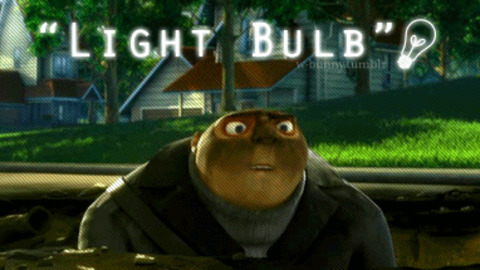Monday I finished a major rewrite of my latest YA novel–yay! This rewrite was primarily switching the POV from third-person past tense to first-person present tense. I’m no stranger to rewrites, but I have to say, changing the POV was probably the most frustrating and tedious rewrite I have done so far. Line editing is not my strong suit or something I look forward to, so once I got this whole MS in first-person I felt like throwing a party!
However, the book is not done. Nope. Not even close.
The POV is changed, but so are other elements in the book. While I’ve been editing this book off and on for over a year, I’ve decided to treat this new POV version like a rough draft. I have a “new” character voice to strengthen, character relationships that are changing, and plot elements to eliminate. I’ve spent SO much time with this book I need a break from before tackling the next step.
So…now what?
I have several novel projects that all need attention, but since there are only 24 hours in every day, I need to decide what to focus on. Do I work on the half-finished project or research for the new idea I came up with last week? Should I keep editing and work on that first draft I never went back to? The possibilities are endless, but my well of motivation is starting to run dry. Writing takes a lot of concentration and is a very isolating past time. There are stretches of time when I’m a font of ideas and write like the wind, but between those times I battle a lull of mental energy and the encroaching feeling that nothing is progressing fast enough no matter how hard I’m working.
Today’s goal is to see if I can find a project that interests me enough to close the internet and keep writing a little until it’s time to return to my YA novel. My goal is to keep working on something, even if I’m taking more breaks than usual. I don’t want to lose my writing routine, but I also understand that taking breaks is necessary if the work becomes frustrating and unproductive. I’m hoping to keep doing a little every day to keep my creative juices flowing. Maybe enjoying different worlds and characters for a while will help keep me excited to write.
How do you stay motivated after finishing a major rewrite, draft, or other milestone in your work?

